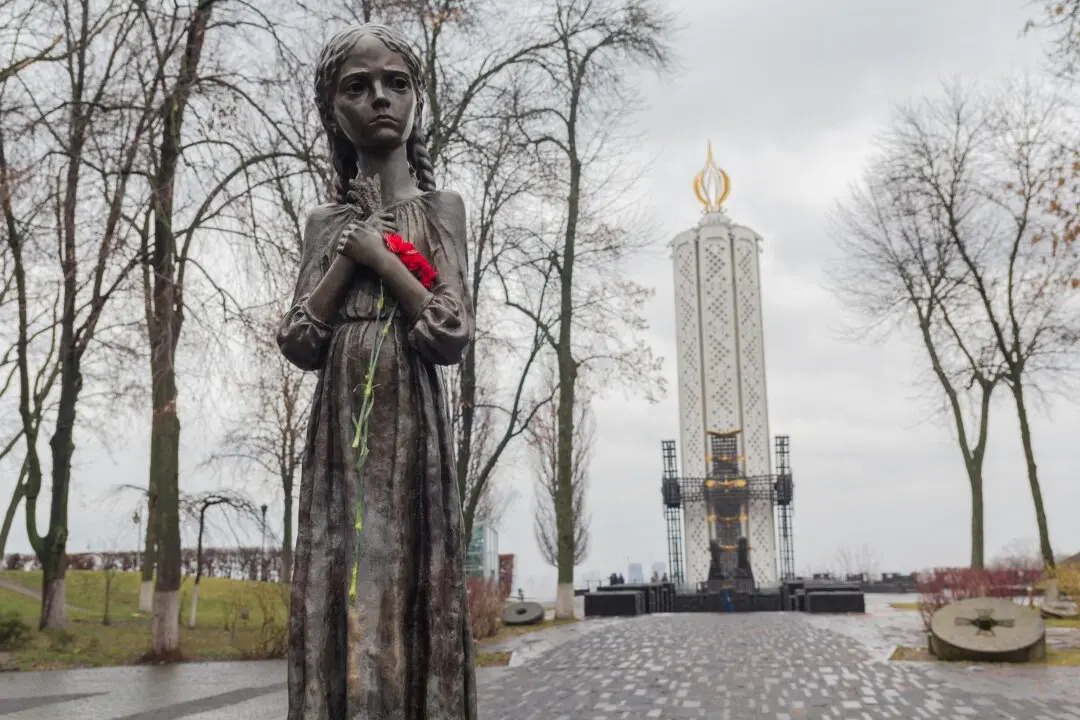Canadian political leaders are marking Black Ribbon Day in remembrance of victims of communism and Nazism in Europe.
Prime Minister Justin Trudeau said the day honoured the millions who suffered under Soviet and Nazi regimes.

Canadian political leaders are marking Black Ribbon Day in remembrance of victims of communism and Nazism in Europe.
Prime Minister Justin Trudeau said the day honoured the millions who suffered under Soviet and Nazi regimes.